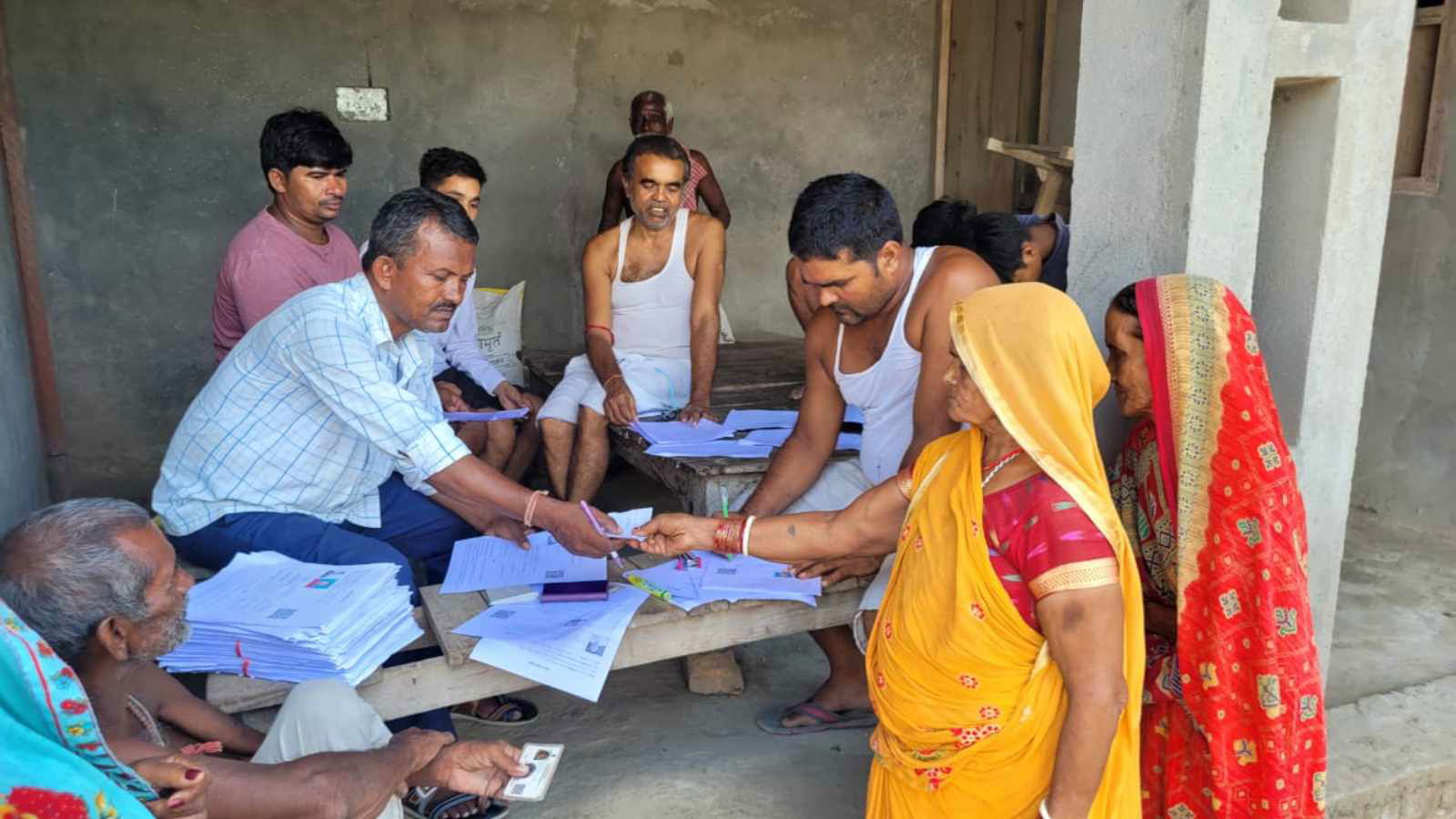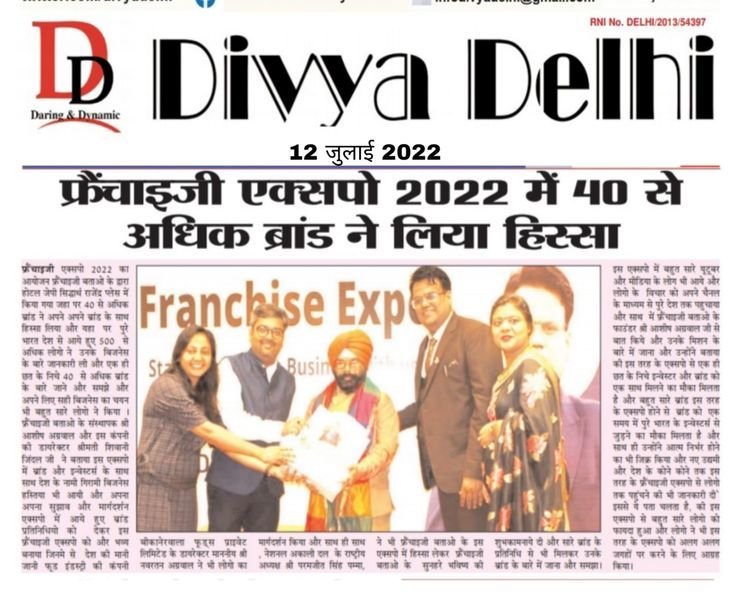
Divya Delhi : Saurath hamlet in Madhubani, Bihar, is noted for its yearly “sabha” when Brahmin men of “marriageable age” dress as grooms and await a “wedding offer”. Upper-caste households dominate the village. Today's Saurath wait is for something different. Vibhakar Jha, son of Saurath panchayat mukhiya Kamini Devi, says just 150 certificates have been awarded out of 2,200 domicile petitions from our panchayat. In a state with significant caste distinctions, upper caste voters are also concerned about the additional documentation needed to register as a voter under Special Intensive Revision of electoral registers. Domicile certificates are easy to get from the Election Commission's 11 list. A big number of upper caste individuals are waiting here... Jha argues this unneeded revision hurts everyone. “Don’t harass us in the name of documents,” says Saurath resident Chinta Devi. It's a theme heard in villages where upper castes make up over 15% of the state's population, including 4.5% from the Muslim subgroups of Sheikh, Saiyad, Mughal, and Pathan. In its ongoing series on the Special Intensive Revision, The Indian Express reported that voters in the margins—from Extremely Backward Classes (EBCs) to minorities—from Chief Minister Nitish Kumar's Nalanda and RJD chief Lalu Prasad's Raghopur in Vaishali to Muslim-dominated Seemanchal—are distraught.
- Education(148)
- India(771)
- Entertainment(399)
- Sports(272)
- Business(226)
- Bollywood Hollywood(95)
- International(196)
- Life & Style(91)
- Opinion(139)
- Educational(5)
- Crime(7)
- Technical(6)
- World(18)


